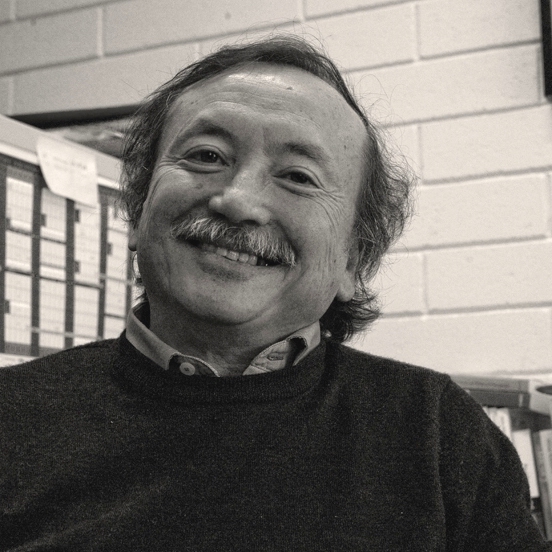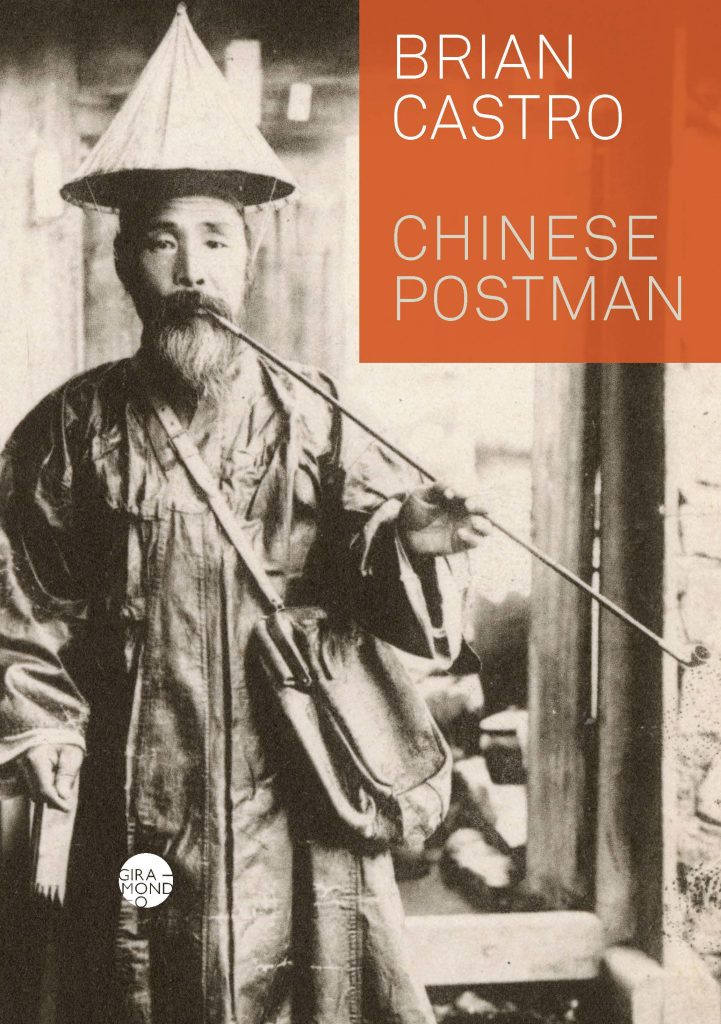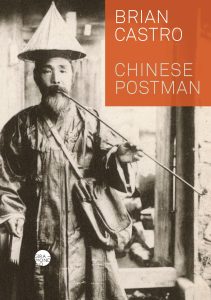Brian Castro: a note on Chinese Postman
Brian Castro reflects on his new novel Chinese Postman (1 October 2024). The book centres on the character Abraham Quin, a thrice-divorced migrant and writer, and a one-time postman and professor. Living out his old age in the Adelaide Hills, Quin becomes increasingly engaged in an epistolary correspondence with a woman seeking refuge from the war in Ukraine.
It has been seven years since my last book. Not that you can gather a lot of material in seven years. But you can still collect a lifetime of imagination; missed moments; lost lives. Diary entries. Old letters from dead friends.
I was, and still am, a great fan of the New York writer, the late David Markson. His intelligence jumps about peripatetically. His novel This Is Not A Novel is a case in point. Vanishing Point even more so. His wife Elaine, who was a literary agent in New York, gave me a lot of encouragement. Thus began my stirring a pot called The Chinese Postman.
I got my first job in Australia as a postman. They made sure I could read. I repeated to them the Queen’s English. I could have got a job at the BBC. I over-reached. I was not Australian. But I could ride a bicycle. The Minister for Immigration at the time, Hubert Opperman, thought I would make a good citizen. My father wrote countless letters to him. Mainly about his being Portuguese and white, though he was married to a Chinese woman.
My father was a great letter-writer. He wrote letters to the editors of newspapers, to lovers, to business clients, to President Jimmy Carter. Some of them replied. Some replied through their offices or agencies. He became a collector of stamps and of women; all in the most epistolary fashion; all stylishly-blamelessly and in longhand.
His philogyny and philately paid dividends. Not in money, but in chance.
For me it was something he passed down: suffering and memory. He left me the art of letter-writing and the music of time. Also postage-stamps that were both common and rare.
These days the internet has truncated the interstices of letters, made reading between the lines risible, erased the nuances of intention, and eliminated the hazards of misreading. Kafka’s ghosts, who stole kisses within the letters of written loves, have vacated the post-office building. His Imperial Messenger never reached the outer walls of the Forbidden City. Authenticity? There is now only the void and deepfake.
And so, what do we do with the unreality of selves, those floating situationist reconstructions of authenticity?
My book then, is about the inauthenticity of letter-writing, which is no longer an art, but has now become the ‘authenticity’ of virtual lives, serialised without presence or character. Either believer or scammer, there is no resonance of culture or of literary depth in what I see as current digital correspondence. No one has the time and we’re all watching our backs. In the USA this is business as usual or a game. In Ukraine, it is the face of apocalypse.
— Brian Castro, 2024



